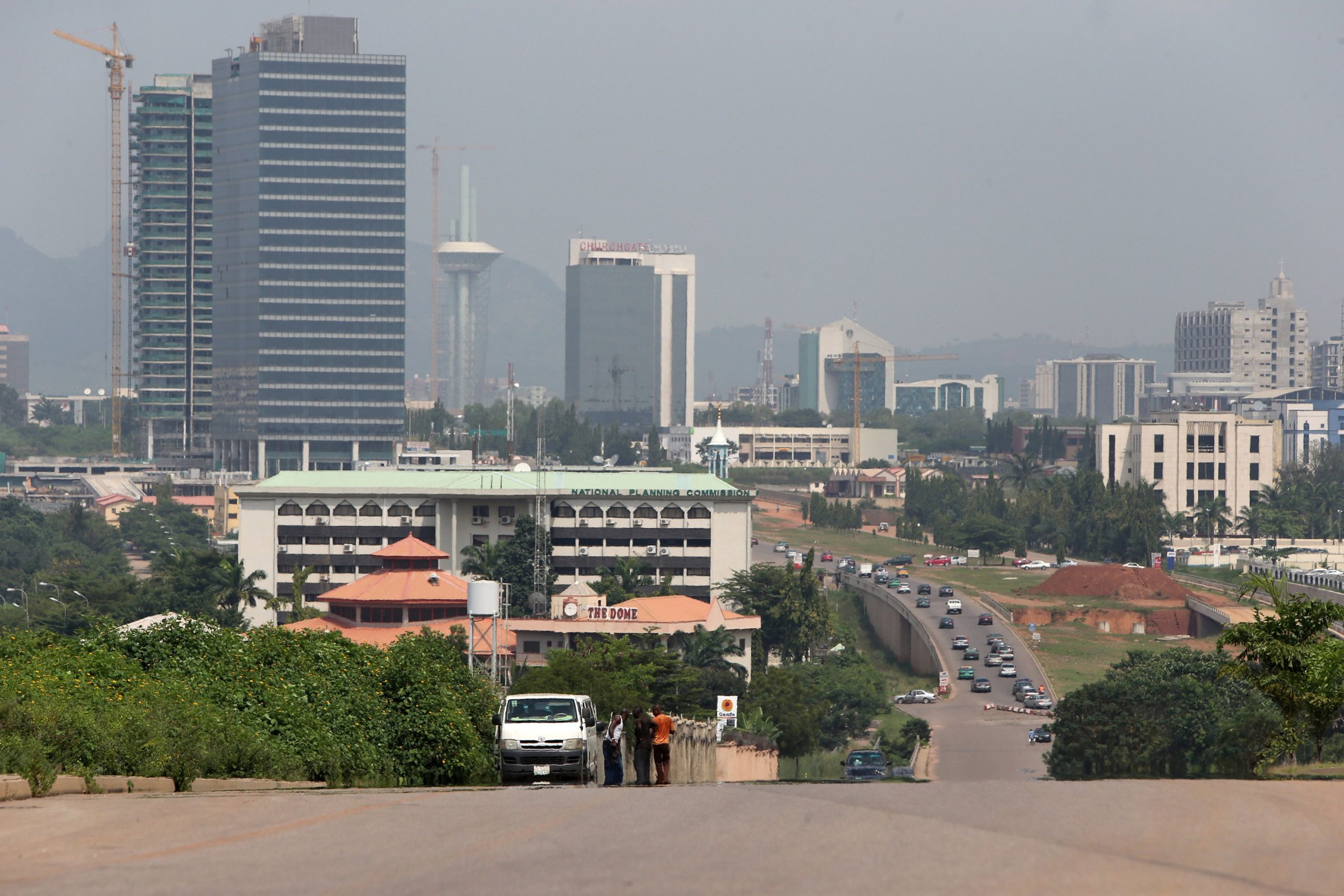- Nigeria to Grow by 0.8% in 2017 – IMF
The International Monetary Fund on Tuesday forecast 2.6 percent growth in sub-Saharan Africa this year, aided by a modest recovery in large economies South Africa, Nigeria and Angola.
“Growth is projected to rise to 2.6 percent in 2017 and 3.5 percent in 2018, largely driven by specific factors in the largest economies, which faced challenging macroeconomic conditions in 2016,” the IMF said its latest World Economic Outlook report.
A slump in commodity price in 2016 and devastating drought had affected growth in several countries in the region, resulting in 1.4 percent growth of gross domestic product (GDP).
Nigeria, the continent’s most populous nation and a leading oil producer, was expected to return to growth in 2017 after a challenging 2016 characterised by recession, a dip in oil prices and energy shortages.
“Output in Nigeria is projected to grow by 0.8 percent in 2017 as a result of a recovery in oil production,” said the report, also citing sustained growth in the agricultural sector.
South Africa, which was hit by slow growth in 2016 was expected to register a slight improvement of 0.8 percent, up from 0.3 percent in 2016, as the impact of devastating drought was beginning to recede and electricity capacity improved.
The continent’s most advanced economy is currently reeling from a recent downgrade to “junk” status by two credit ratings agencies, Standard & Poor’s and Fitch, something which could have an adverse impact on the already anaemic economy.
Another regional black gold producer, Angola, which experienced zero growth in 2016, was expected to show improvement this year, thanks to the effects of economic diversification.
Although there were signs of recovery in the region, the international lender warned that the outlook remained subdued.
“Many of the largest non-resource intensive countries will find it increasingly hard to sustain growth through higher public capital spending, as they have done in the past, in the face of rising public debt and a slowing credit cycle.”
It said output growth was expected “only moderately” to exceed population growth over the forecast horizon.
Double digit inflation was forecast in several countries, including Nigeria, Angola and Ghana, following a sharp depreciation of their respective currencies in recent months.
Tanzania, Kenya, Ivory Coast and Senegal are forecast to lift GDP by between 5-7 percent in 2017. Ethiopia is expected to grow by 7.5 percent.

 Forex3 weeks ago
Forex3 weeks ago


 Naira2 weeks ago
Naira2 weeks ago
 Billionaire Watch2 weeks ago
Billionaire Watch2 weeks ago




 Naira2 weeks ago
Naira2 weeks ago




 Naira2 weeks ago
Naira2 weeks ago




 Naira4 weeks ago
Naira4 weeks ago


 Naira7 days ago
Naira7 days ago
 Banking Sector4 weeks ago
Banking Sector4 weeks ago






















